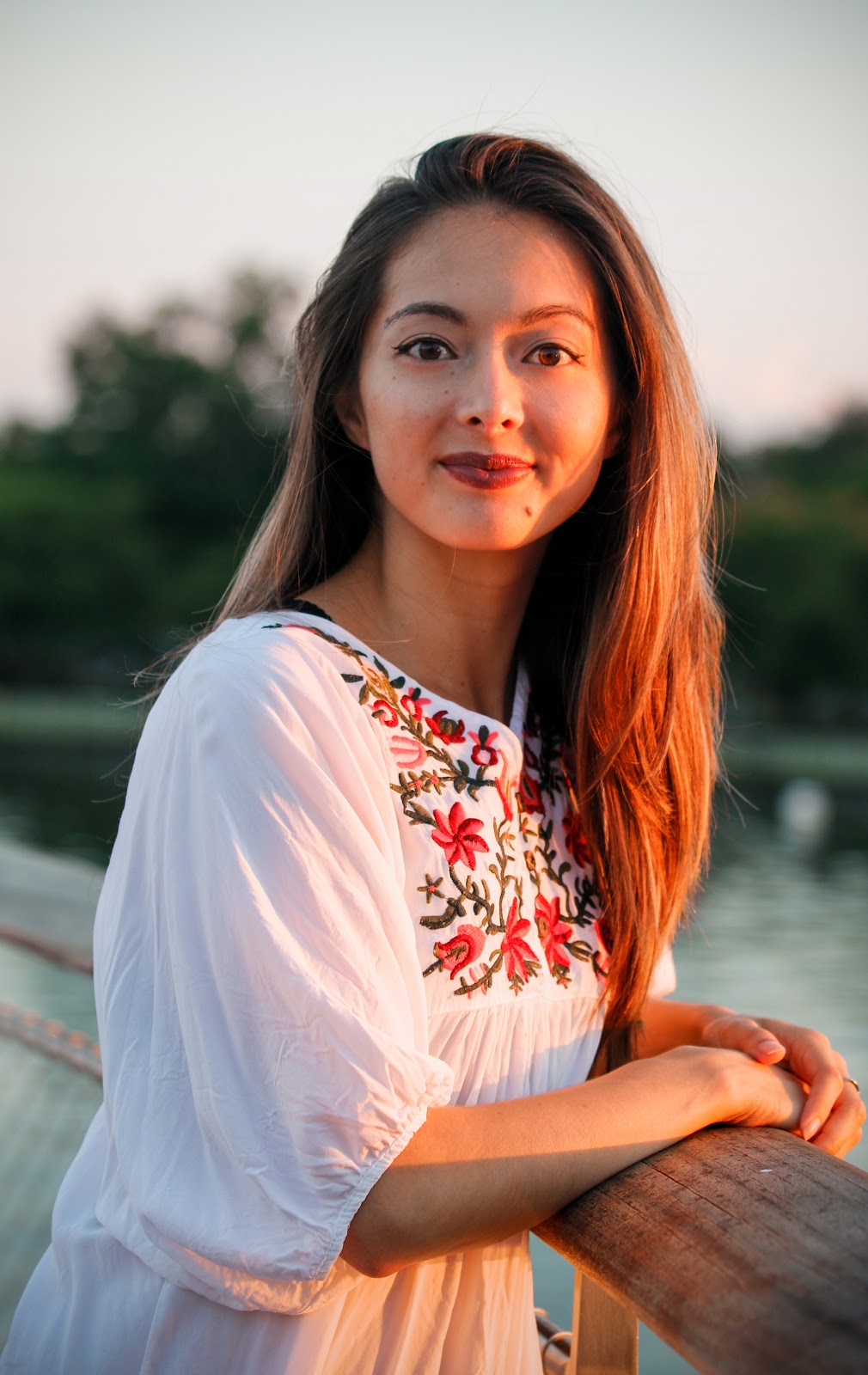When I was first applying to genetic counseling programs,
one of the things about Cincinnati’s program was the ability to do elective
rotations for special interests. Having worked in an ophthalmology practice
prior to GC school, I had already begun to wonder if there was such thing as
studying eye genetics.
It turns out, all I needed to do was ask. When I expressed
interest, I was immediately put into contact with some very enthusiastic
supervisors. Diana Brightman, PhD, MS, CGC is our resident eye GC, and Dr.
Ginny Utz is a pediatric ophthalmologist with specialized knowledge in eye
genetics. Between the two of them, I was afforded some really wonderful
opportunities.
Firstly, I observed or participated in all the eye genetics
clinics that I could. Prepping for cases became twice as interesting, and
because I was seeing both the ophthalmology and genetics visits, I had the
privilege of seeing some patients more than once and understanding of the type
of multidisciplinary care that patients with low vision receive. Another
ophthalmologist at Cincinnati Children’s, Dr. Robert Sisk, is heavily involved
with patients undergoing gene therapy. Eye genetics is a growing subspecialty
because of increased interest in and viability for gene therapy, and I was able
to observe many patients at various stages of treatment. (And let me tell you,
it was a delight to hear so many of them report improvements in their vision!) Additionally,
I observed offsite at the Low Vision Clinic at Clovernook Center for the Blind
and Visually Impaired. Here, patients are evaluated for their everyday visual
needs and given access to adaptive technology and functional recommendations
for things like school, extracurricular activities, and driving.
I also attended virtual events to understand current topics
in eye genetics. I attended the conference for the International Society for
Genetic Eye Diseases and Retinoblastoma (ISGEDR) and meetings by the NSGC
Ocular SIG, where I learned a little bit about a lot of different research
being conducted and listened to discussion on current clinical practice. It
truly is incredible how much work is being done in this very niche field.
Lastly, I focused on creating resources and connecting with
the community outside of the medical setting. I made a patient resource for a
population of individuals that we see in our genetics clinics and volunteered
at Blind and Visually Impaired Tennis, which is one of many adaptive
extracurricular events that Clovernook organizes for the community. I am also
currently in the process of writing a chapter on breaking bad news in eye
genetics, which is going to be included in a medical textbook. One of the
biggest takeaways from my rotation is the psychosocial aspect of counseling
patients, who face many challenges when coping with major diagnoses. Common
concerns are coping with loss of vision and changes to lifestyle, and sometimes,
coping with the shock of life-threatening diagnoses that can partially manifest
with vision loss.
Working with this population of individuals and learning
from so many wonderful clinicians was one of the highlights of my time in grad
school and solidified my interest in staying in this subspecialty. Five weeks
did not seem like long enough, so at the time of writing, I will soon be
starting a position at the National Eye Institute in Washington D.C. as a
research genetic counselor, where I get to learn about all the eye stuff that I
could possibly want!
-Moriah Edwards, class of 2022
